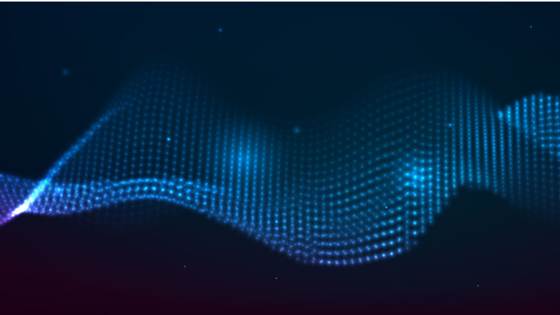
EM-Transients - Electromagnetic Transients in future Power Systems
The future power system will be highly complex due to the integration of renewables and realization of smart grids.

The future power system will be highly complex due to the integration of renewables and realization of smart grids.

AUTOPART is a research project that aims to develop methodology, tools, methods and industrial demonstrators for the establishment of focused automotive spare parts production, in combination with production of ordinary automotive parts.
Read about the project on our Norwegian pages.

Read about the project on our Norwegian pages.
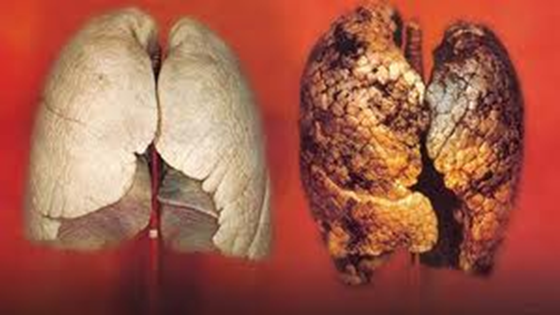
Chronic obstructive pulmonary disease (COPD) is a major cause of chronic morbidity and mortality throughout the world. In 2001 COPD was the fifth leading cause of death in high income countries, and was also estimated to be a leading cause of...
The ECCSEL consortium teams up selected Centres of Excellence on CCS across Europe (Norway, Poland, France, Italy, Germany, Spain, Greece, UK, Netherlands and Switzerland). The mission is to develop (i.e. build and operate) a European distributed...
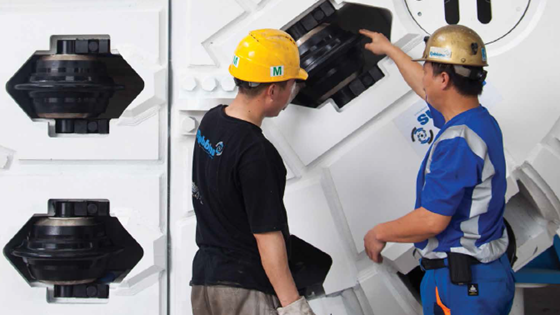
The main objective in the project FAST-Tunn - Future Advanced Steel Technology for Tunneling - is to develop more efficient cutter rings for Tunnel Boring Machines (TBM) used in hard rock formations, and improve the capabilities of the NTNU model for...
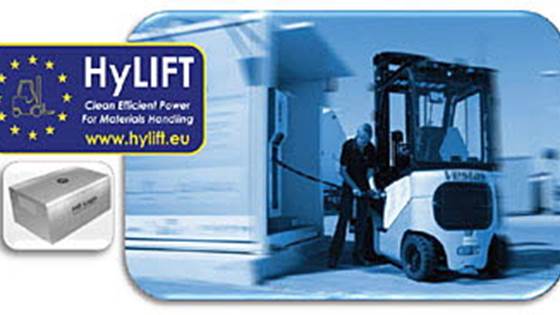
The overall purpose and ambition of HyLIFT-DEMO is to conduct a large scale demonstration of hydrogen powered fuel cell forklifts, which enables a following deployment and market introduction starting no later than 2013.
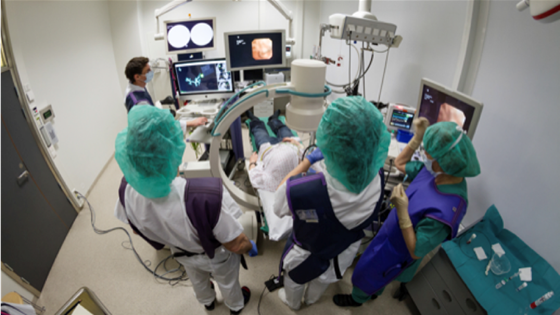
SINTEF and St. Olavs hospital/NTNU are developing new technology for planning and guiding of bronchoscopy. We do this through several different sub-projects in USIGT-Lung.
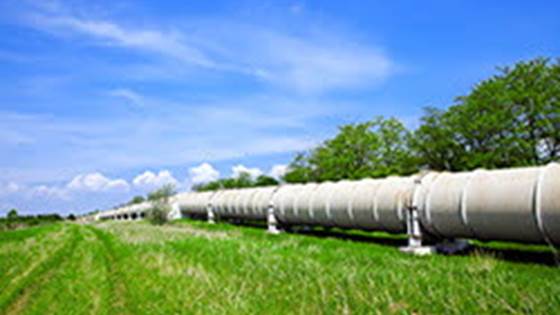
The project aims to map the possibilities for, and to establish the scientific foundation for, replacing coke and coal with natural gas in the production of metals and alloys. A road map towards industrialisation is a main goal in the project.
The RAMSES project will provide the Fuel Cell community with an innovative high performance, robust, durable and cost-effective Solid Oxide Fuel Cell owing to the Metal Supported Cell (MSC) concept i.e. a cell design consisting of thin ceramic...
The Norwegian oil and gas company Statoil has developed a new concept for a remotely operated oil & gas platform located offshore. Robots operating the platform requires multiple sensors to provide the information required for operation planning and...

The overarching aim of the REFINEMENT project is to look at the relationship between different models of health care financing systems and the extent to which mental health care services can meet the goals of high quality, equity, efficiency and...
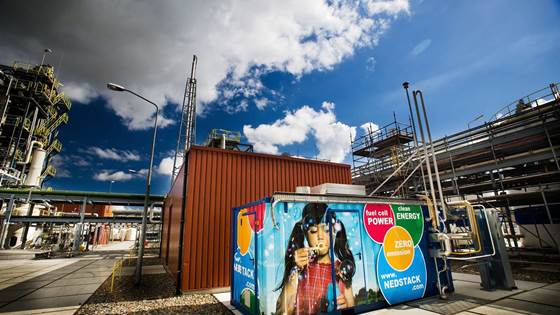
Project STAYERS is dedicated to the goal of obtaining 40,000 hours of PEM fuel cell lifetime employing the best technological and scientific means. Apart from materials research it also requires a detailed investigation of degradation mechanisms and...
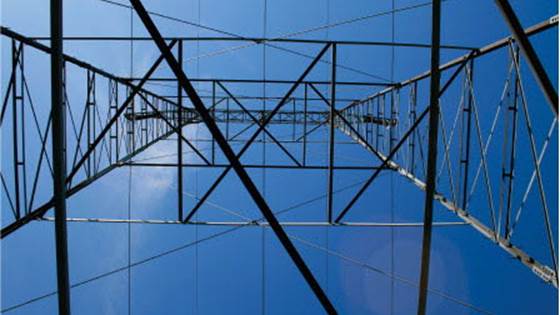
SusGrid is an interdisciplinary research project focusing on how knowledge of economic, social and environmental interests can provide good and predictable processes related to formal processing of grid development projects.
The Vøring Margin is an old volcanic margin with numerous volcanic extrusions and intrusions. Most of the intrusions are dykes and sills. Both affect the thermal history of the associated areas and, in particular, the maturity of the hydrocarbons.
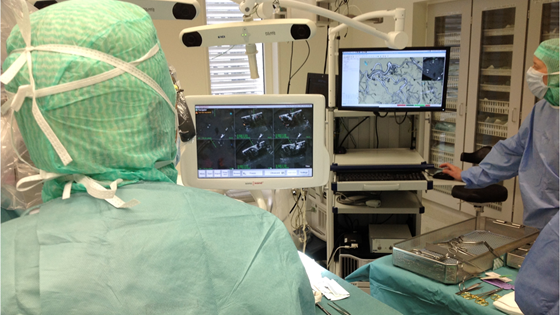
Norwegian national advisory unit for Ultrasound and image-guided therapy (USIGT) has expertise in ultrasound and image-guided treatment. This includes ultrasound in neurosurgery, ultrasound in laparoscopy, ultrasound in endovascular treatment of eg...
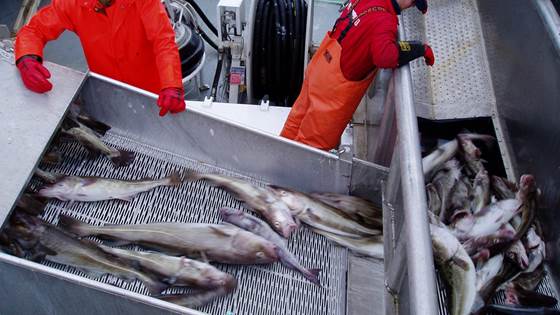
Automating the catch handling up until bleeding / instant gutting is identified as one of the most important factors for the improvement of the Danish seine vessels. Automation will ease the workload, increase productivity and improve the the quality...